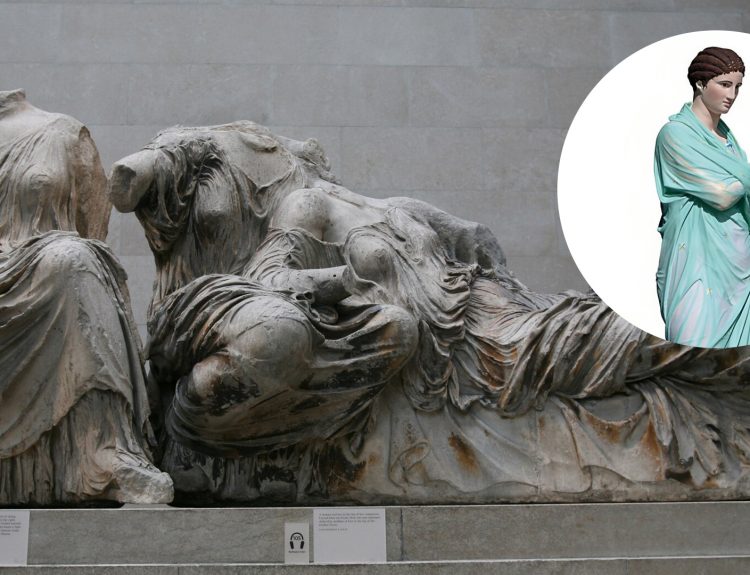From notable births and groundbreaking firsts to new innovations and terrible tragedies, April 7 is a day with a rich history.
Let’s take a trip to the past and learn about the key events that all share one commonality … they occurred on April 7.
The Internet Was Born – 1969
Okay, this is admittedly a symbolic birthday, not an actual one, but April 7, 1969, is widely cited as the day the internet was born. But why? On this date, a “request for comment” or RFC document was issued that detailed the research, proposals, and logistics of applied internet technology.

Not everyone accepts April 7, 1969, as the internet’s birthday. A case can be made for January 1, 1983, the date that a computer network that performed like a precursor to the World Wide Web was put into operation by the National Science Foundation.
Lewis and Clark Began the Last Leg of Their Expedition – 1805
William Clark and Merriweather Lewis were tapped by President Thomas Jefferson to explore and map the expanse of western wilderness he recently acquired in the Louisiana Purchase. Lewis, Clark, their guide Sacagawea, and their men left St. Louis, Missouri, in May 1804 and returned 862 days later.

During the winter of 1804-05, the expedition hunkered down in what is now North Dakota and built a small fort, Fort Mandan, to keep them safe from the harsh Plains winter. They resumed their westward expedition on April 7, 1805. Eventually they followed the Columbia River to its mouth and stood on the shore of the Pacific Ocean near what is now Astoria, Oregon.
Benito Mussolini Survived an Assassination Attempt So He Could Meet with Adolf Hitler 17 Years Later – 1926
On April 7, 1926, Italy’s Fascist Party leader Benito Mussolini survived a bizarre assassination attempt. The would-be assassin was 50-year-old Irish-born Violet Gibson, the daughter of Lord Ashbourne, Lord Chancellor of Ireland. Gibson had a long history of mental illness, and her failed assassination attempt was not politically motivated. In fact, she barely hurt him. The bullet from her gun grazed his nose, leaving him with a small, insignificant wound.
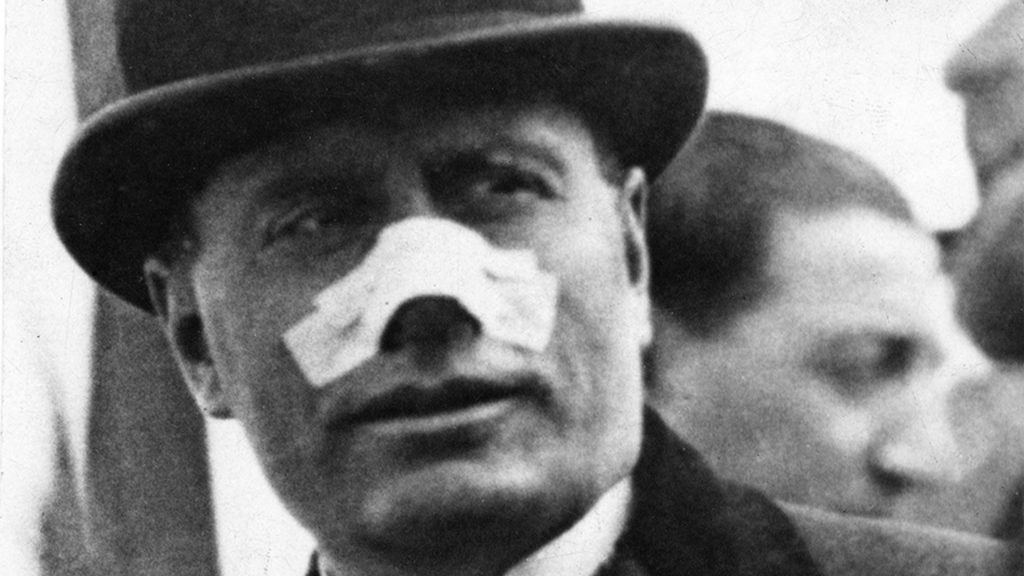
Because Mussolini survived this assassination attempt on April 7, 1926, he was able to meet with Adolf Hitler on April 7, 1943, … 17 years later. The two leaders met in Salzburg for an Axis Conference during World War II.
Ketanji Brown Jackson Became the First Black Woman on the Supreme Court – 2022
Ketanji Brown Jackson, a Harvard University-educated lawyer and public defender was named as a possible replacement on the Supreme Court following the death of Justice Antonin Scalia. President Joe Biden, who had publicly stated that he would appoint an African American woman to this position, announced his nomination of Jackson.

Jackson’s confirmation hearing before the Senate Judiciary Committee was initially deadlocked. On April 7, 2022, the U.S. Senate confirmed her nomination by a 53-47 vote, making her the first Black woman to sit on the Supreme Court.
U.S. Troops Capture Saddam Hussein’s Presidential Palace – 2003
The Battle of Baghdad was a decisive U.S.-led military engagement during the Invasion of Iraq that led to the fall of Saddam Hussein’s regime. The fighting lasted from April 3 to April 9, 2003.
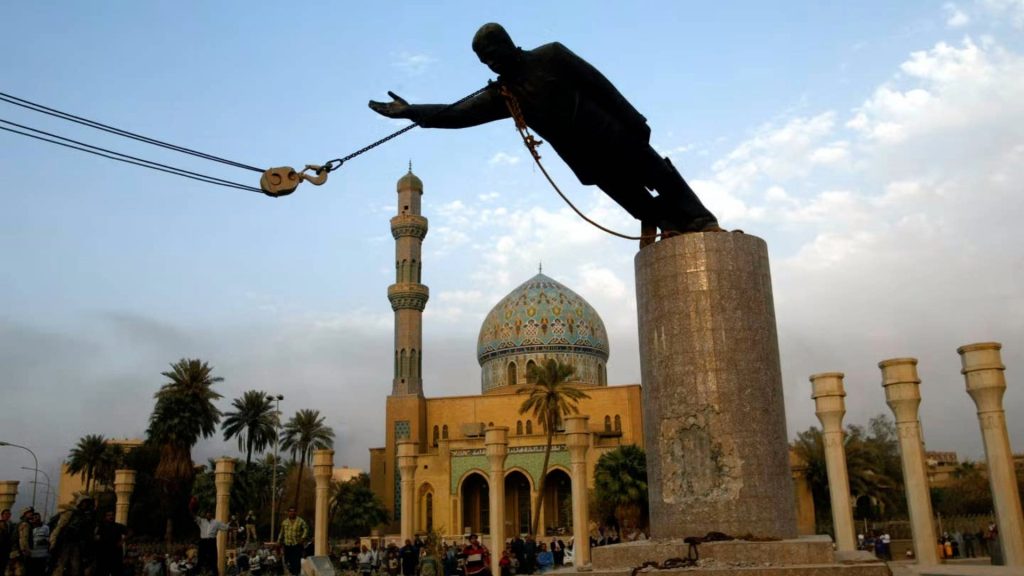
On April 7, 2003, seized Saddam Hussein’s presidential palace, located on the banks of the Tigris River. Embedded journalists broadcast footage of the capture of the palace on news channels in Iraq and around the world. U.S. troops demanded that the Iraqi forces surrender or face further onslaught. The Iraqis were forced to concede defeat.
The NFL Made It Mandatory for Players to Wear Helmets – 1943
Today, athletes are hyper-aware of the dangers of concussions, but that wasn’t always the case. Since the beginning days of the sport, there have been helmets – first flannel, then leather – but players weren’t required to wear them. Most didn’t.
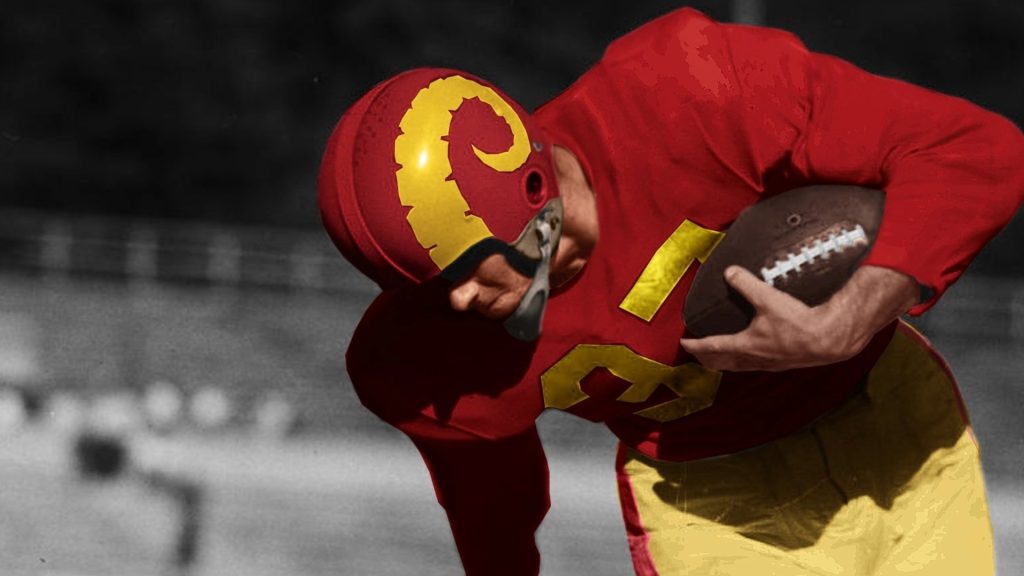
In the 1940s, however, a Chicago-based company started making plastic football helmets with chin straps, facemasks, and comfortable padding. In 1943, the NFL announced a new rule making it mandatory for all players to wear helmets. As a pleasant side effect of this rule, teams got creative with designs on their helmets, starting with the Los Angeles Rams who adorned their helmets with the iconic curled horns.
The Rwandan Genocide Began – 1994
In the African nation of Rwanda, the Hutu people and the Tutsi people were often in opposition with each other. It all came to a head when extremists within the Hutu, the majority population, decided to eliminate the Tutsi. A plane carrying President Cyprien Ntaryamira was shot down over the Rwanda capital, killing all on board, late in the evening of April 6, 1994.

The following day, April 7, 1996, Prime Minister Agathe Uwilingiyimana was assassinated, along with ten soldiers from a UN peacekeeping force who were guarding her. The assassination of Uwilingiyimana has been viewed as the starting point of the Rwandan Genocide, which resulted in the deaths of more than 800,000 civilians.
Jackie Chan Was Born – 1954
Jackie Chan, the Hong Kong-born actor, martial artist, stuntman, producer, writer, and director, was born on April 7, 1954. Called one of the most influential action movie stars of all time, Chan has appeared in more than 150 films since he began acting in the 1960s.

Among his memorable films are Cannonball Run, Enter the Dragon, New Fists of Fury, Twin Dragons, and The Karate Kid. Filmmaker Quentin Taratino called Jackie Chan “one of the greatest physical comedians since sound came into film.”
The World Health Organization Was Established – 1948
On April 7, 1948, the United Nations formally established the World Health Organization, or WHO. The purpose of this agency is to promote world health and serve as a central point for international efforts to maintain and improve the medical wellbeing of all people, regardless of nationality.
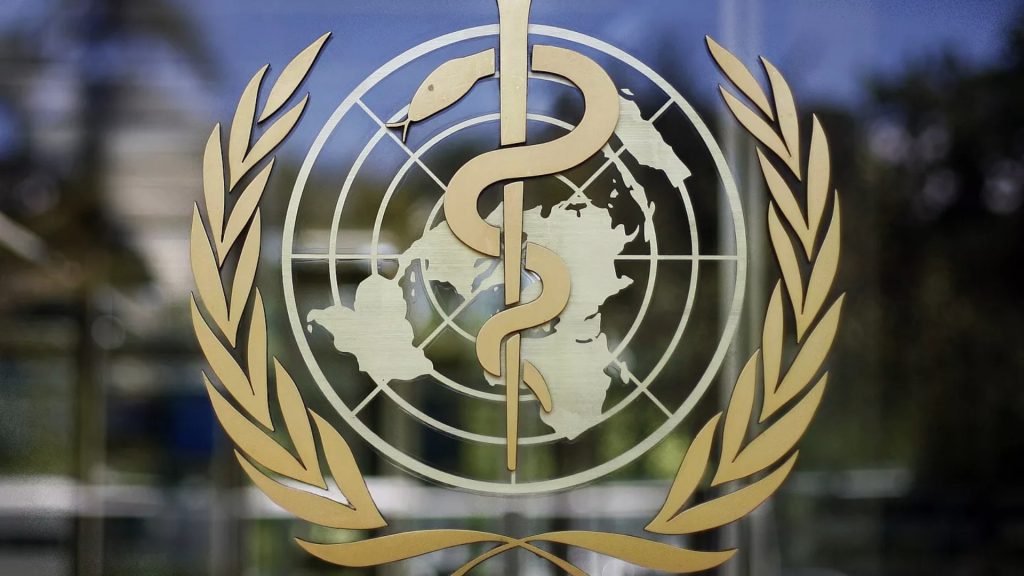
WHO can trace its inception to World War II when soldiers and aid workers saw first-hand the negative effects of poor health on civilian populations. Among the areas of focus for WHO are maternal and infant health, disease prevention, controlling the spread of infectious diseases, and emergency response to global health crises.






